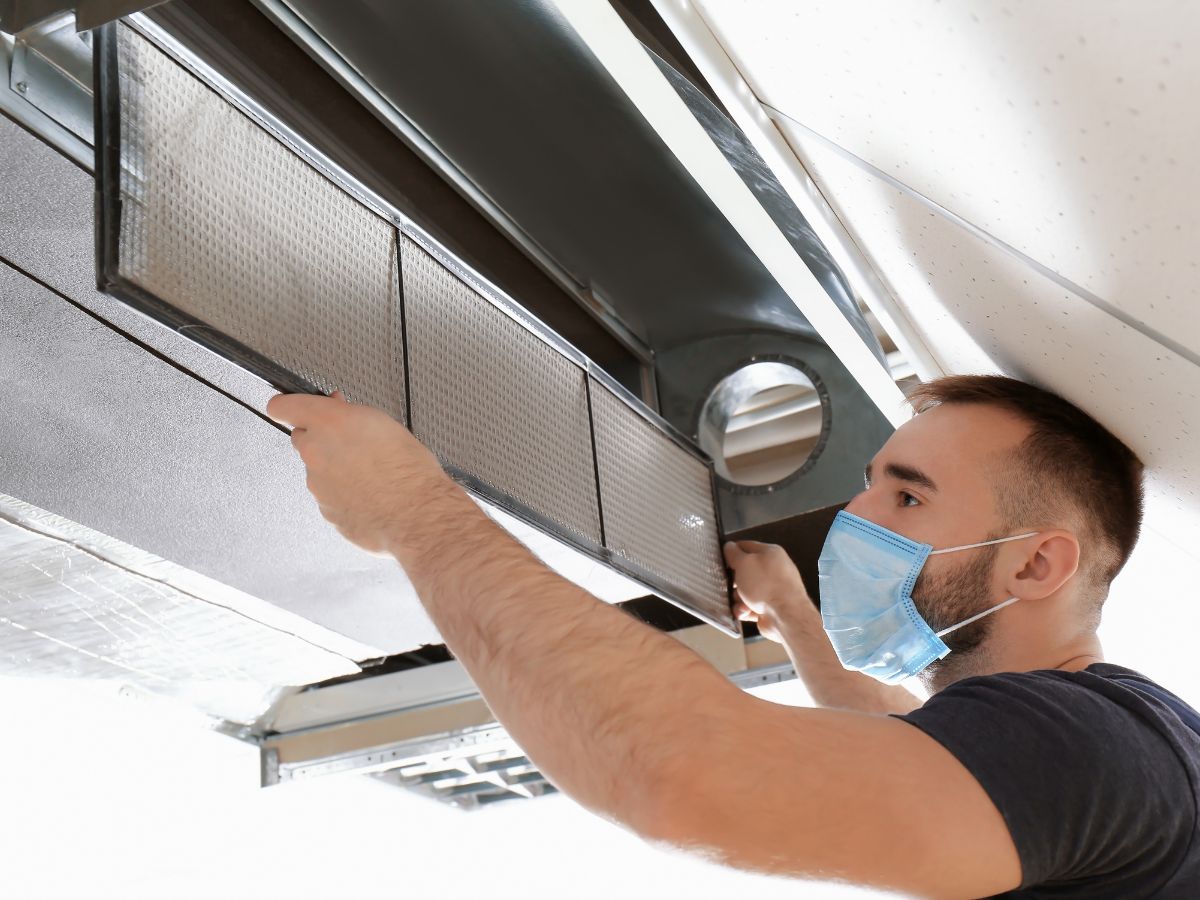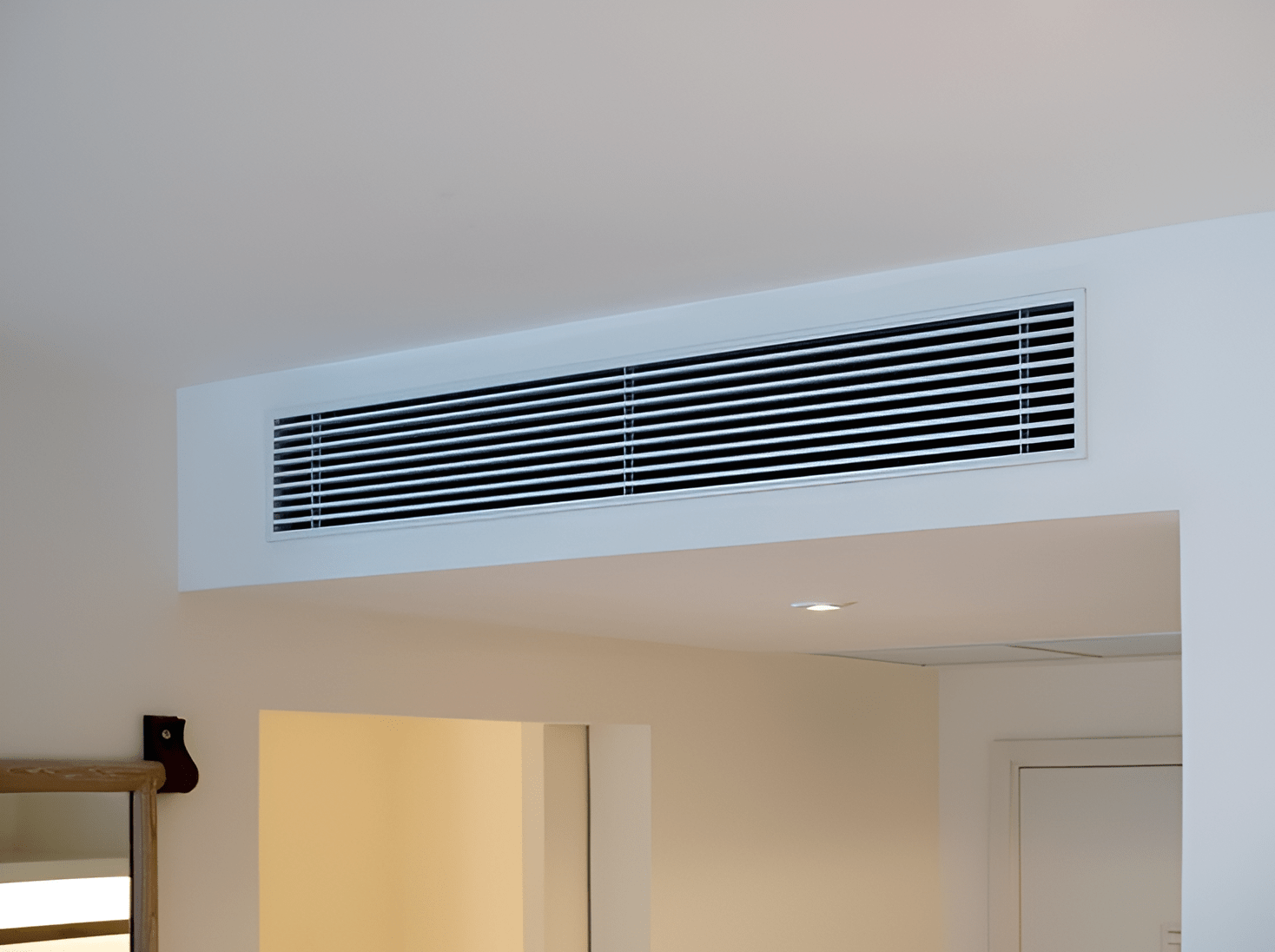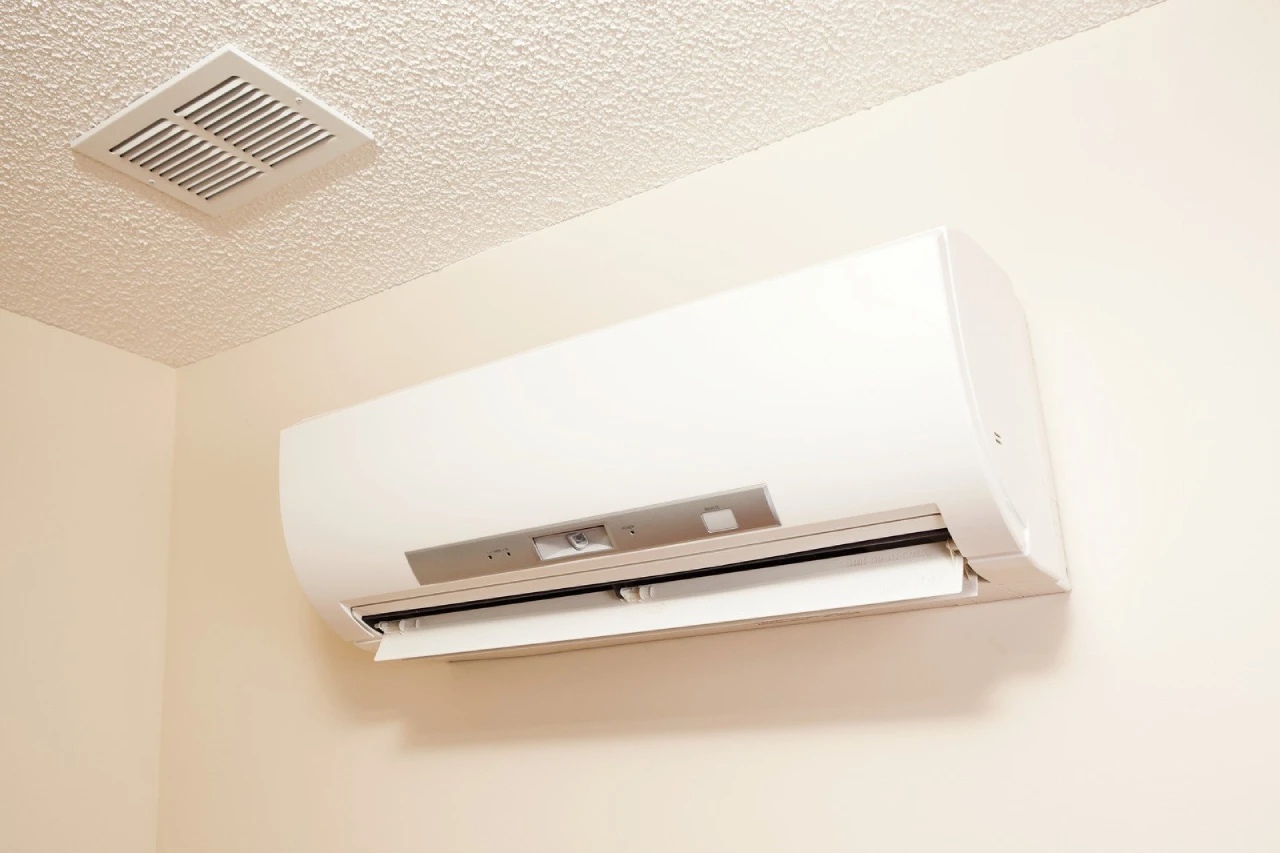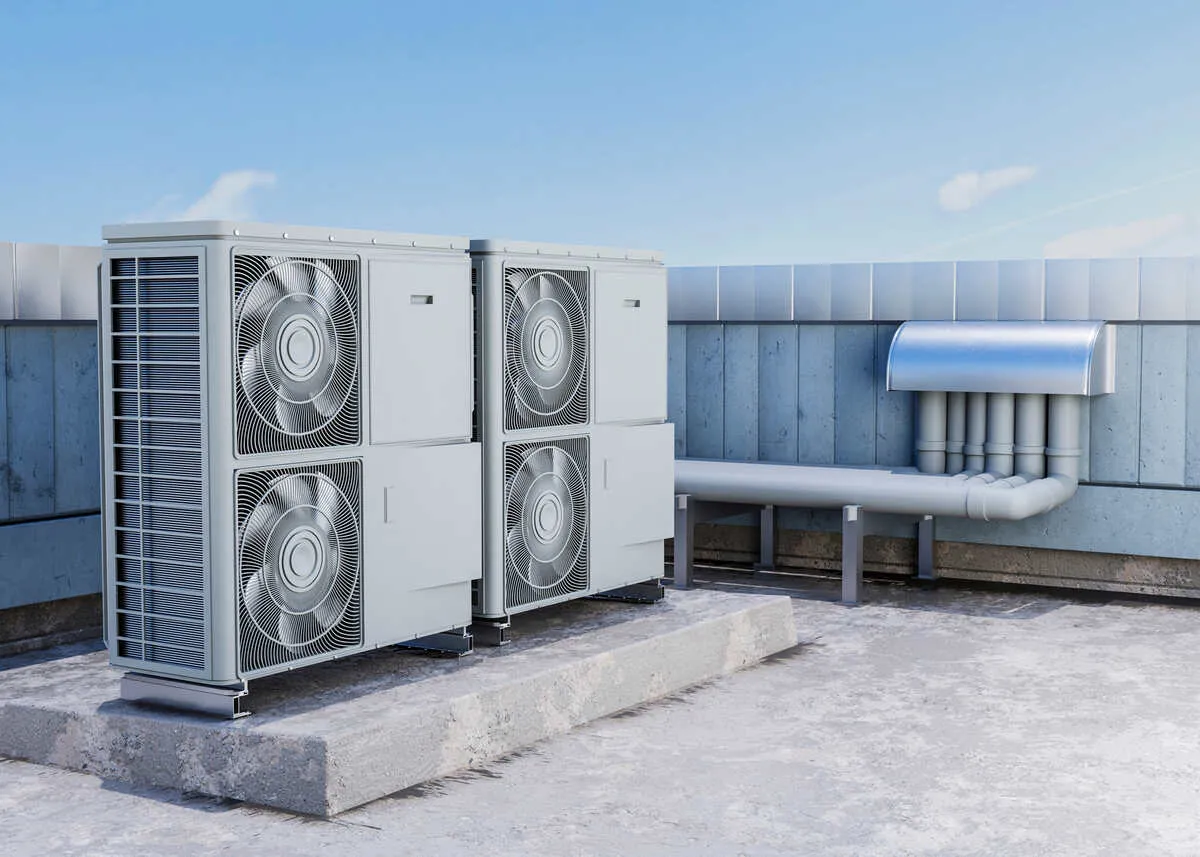When choosing an air conditioning system for your Australian home, one of the most common decisions is whether to go with an inverter or a non-inverter AC. While both provide cooling comfort, the technology behind them significantly impacts energy efficiency, long-term savings, and performance. Understanding these differences can help you make a smart investment for both your comfort and your wallet.
What is an Inverter Air Conditioner?
An inverter cooling unit uses advanced compressor technology that automatically adjusts its speed based on the room’s cooling needs. Instead of turning the compressor on and off repeatedly, the inverter system runs continuously but at variable speeds to maintain a consistent temperature.
This technology ensures energy is used efficiently, minimising power waste and keeping your indoor climate stable. It’s the preferred choice for homeowners who value energy efficiency, comfort, and long-term reliability.
What Is a Non-Inverter Air Conditioner?
A non-inverter AC operates more traditionally. Its compressor works at a fixed speed, it either runs at full capacity or shuts off completely once the desired temperature is reached. When the temperature rises again, it restarts to cool the room.
This stop-start cycle causes greater energy consumption, temperature fluctuations, and increased wear on the compressor over time. While non-inverter models are usually cheaper upfront, they tend to cost more in the long run due to higher electricity usage and maintenance needs.
Key Differences Between Inverter and Non-Inverter AC
| Feature | Inverter AC | Non-Inverter AC |
| Compressor Operation | Variable speed (adjusts to temperature needs) | Fixed speed (on/off operation) |
| Energy Efficiency | High – consumes 30-50% less energy | Moderate – uses more energy |
| Temperature Control | Stable and consistent | Fluctuates between hot and cold cycles |
| Noise Level | Quiet operation | Louder compressor noise |
| Initial Cost | Higher upfront investment | Lower initial cost |
| Lifespan | Longer with proper air conditioning maintenance | Shorter due to frequent compressor strain |
Why Inverter ACs Save You More in the Long Run
Energy Efficiency
The most significant advantage of an inverter AC is its ability to save power. By adjusting compressor speed instead of turning it on and off, it can reduce electricity consumption by up to 50%.
Long-Term Cost Savings
Though inverter systems have a higher purchase price, the reduction in energy bills and fewer air conditioning repairs quickly make up the difference.
Improved Comfort Levels
Because inverter units maintain a steady indoor temperature, you won’t experience sudden bursts of cold air or warm intervals. This is especially valuable during Australia’s hot summers.
Lower Noise
Inverter compressors operate more quietly, making them perfect for bedrooms and living areas where comfort and peace are priorities.
Eco-Friendly Performance
With reduced power consumption and lower emissions, inverter systems are a greener choice for environmentally conscious homeowners.
For more tips on reducing energy use and improving system performance, check out our guide to energy-efficient air conditioning systems.
When a Non-Inverter AC Might Still Be Worth Considering
Despite the benefits of inverter technology, non-inverter ACs still have a place in some scenarios:
- Short-Term Usage: Ideal for rental properties or rooms used occasionally.
- Budget Constraints: The lower upfront cost appeals to those who need a quick, affordable solution.
- Smaller Rooms: For small, enclosed spaces, the difference in running costs may not be significant.
However, it’s important to remember that maintenance and energy costs will still be higher compared to inverter systems over time.
The Importance of Air Conditioning Maintenance for Both Types
Regardless of whether you choose an inverter or non-inverter system, regular AC system maintenance is essential for peak performance and energy efficiency. Here’s why:
Prevents Dust Build-up
Dirty filters restrict airflow and reduce cooling efficiency.
Extends Equipment Life
Routine servicing minimises strain on the compressor and other components.
Improves Air Quality
Clean filters and coils ensure healthier indoor air.
Avoids Expensive Repairs
Early detection of issues prevents costly repairs down the line.
Professional servicing once or twice a year, especially before the summer months, ensures your system stays efficient and reliable.

Signs You Might Need Air Conditioning Repair
Even with consistent maintenance, issues can arise over time. Look out for these signs that your unit may require air conditioning repair:
- Reduced cooling performance or airflow
- Strange noises or vibrations
- Water leaks or ice formation on coils
- Unexpectedly high energy bills
- Foul odours coming from vents
If you notice any of these symptoms, it’s best to call an expert technician immediately to avoid further damage and maintain optimal energy efficiency.
Which Is Best for Australian Homes?
In Australia, where summers can be extremely hot and long, the inverter cooling system is generally the better choice. It offers superior energy savings, smoother operation, and better long-term reliability. For homeowners concerned with sustainability and reducing household energy costs, the inverter system clearly comes out ahead.
However, if you’re looking for a cost-effective short-term cooling solution, a non-inverter AC may still meet your needs—just keep in mind the trade-off in ongoing expenses and efficiency.
Frequently Asked Questions (FAQs)
Is an inverter AC really more efficient than a non-inverter model?
How much energy can an inverter AC save?
Do inverter air conditioners require special maintenance?
Can a non-inverter AC last as long as an inverter AC?
Which is better for the environment?
Conclusion: Choose Long-Term Comfort with Climate Care Air Conditioning
When it comes to Inverter vs. Non-Inverter AC, the inverter option stands out for its energy efficiency, long-term savings, and consistent comfort. While non-inverter systems can be suitable for limited use, inverter technology is a smarter investment for Australian homeowners who value reliability and sustainability.
At Climate Care Air Conditioning, we specialise in both inverter and non-inverter systems, providing expert air conditioning services across Sydney’s Northern Beaches and nearby areas. Whether you need professional advice, installation, or routine servicing, our licensed team is ready to help you save energy and stay comfortable year-round.
Call us at 0426 601 322 today to schedule your service or get a quote for your next energy-efficient system.



